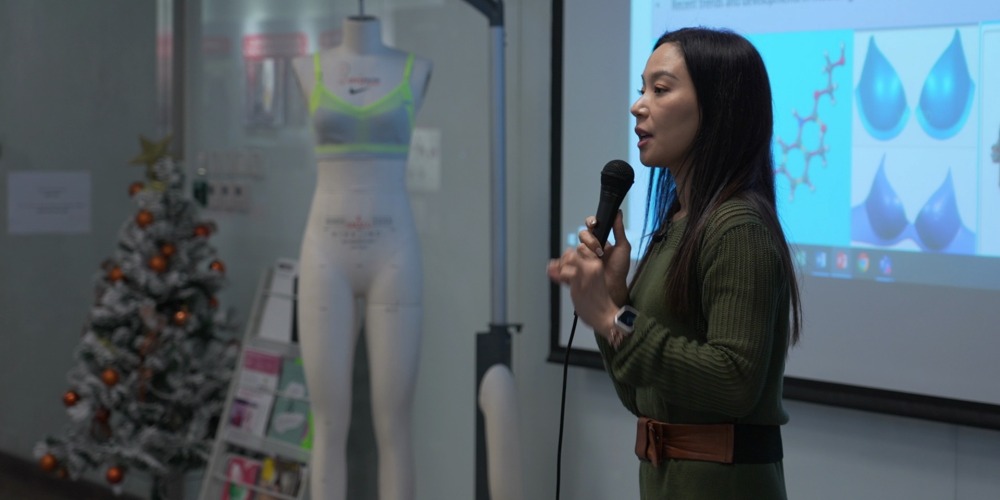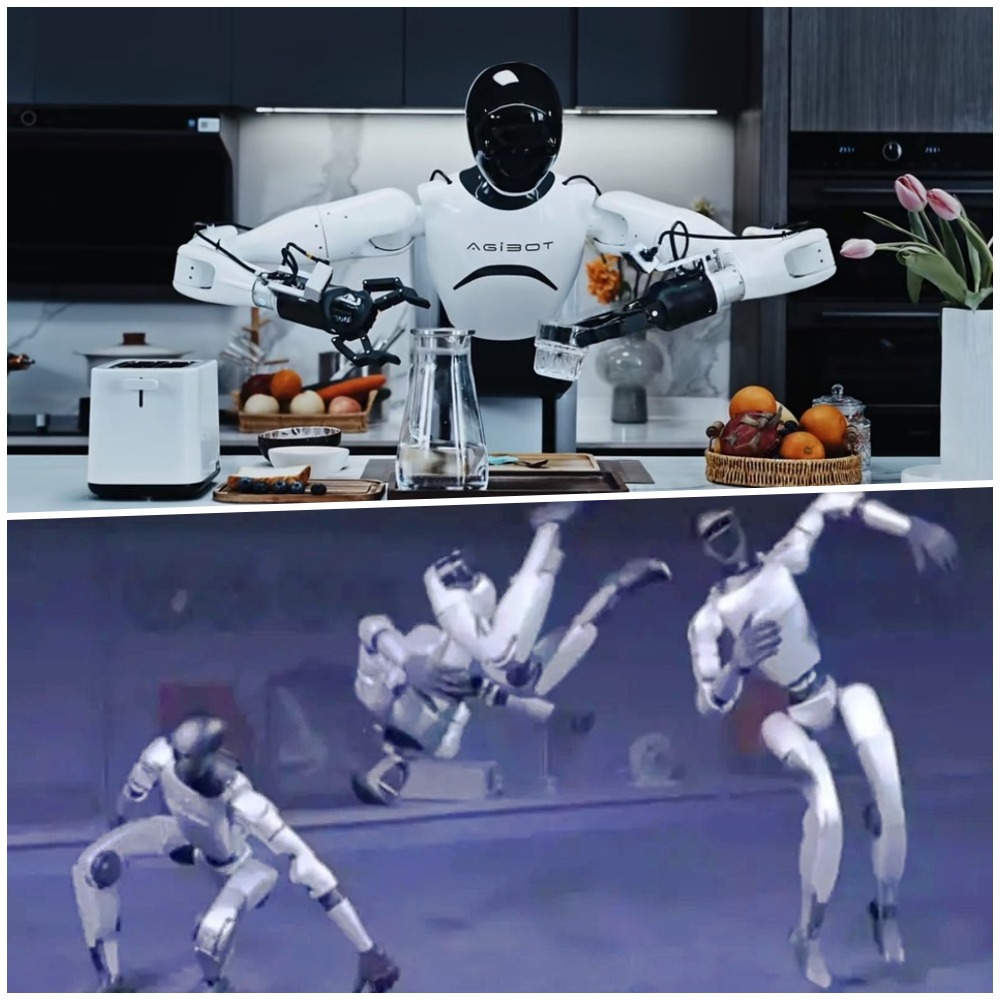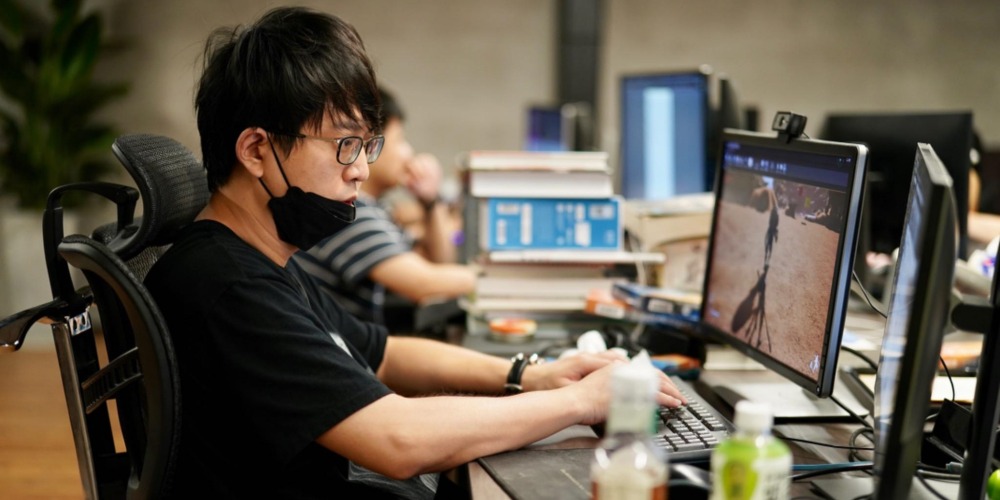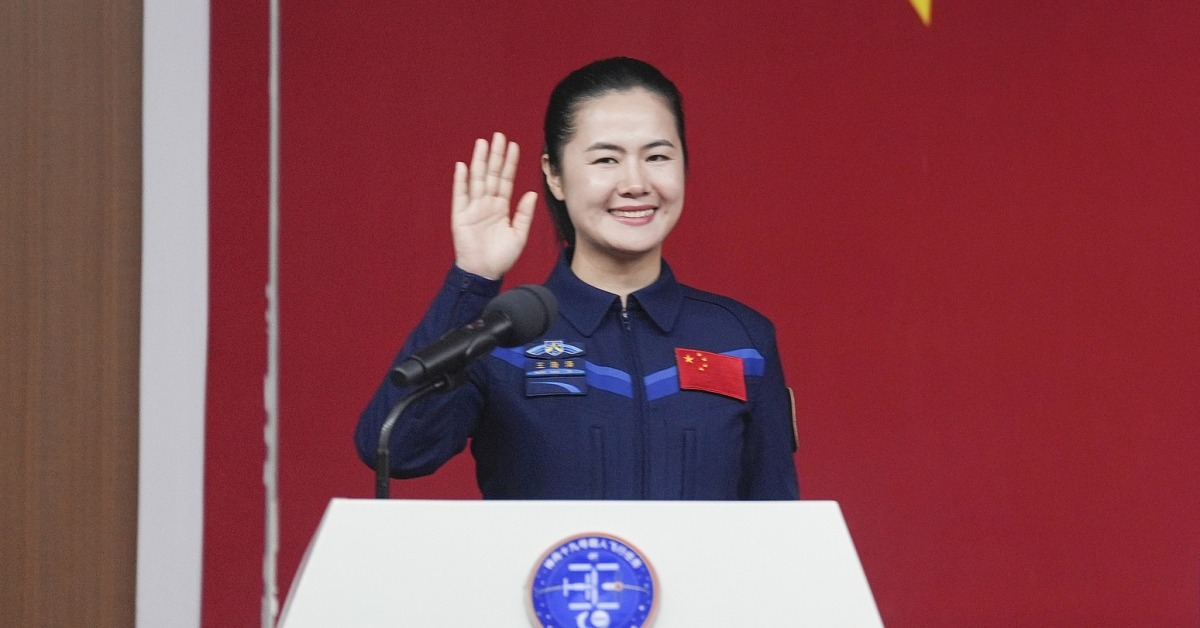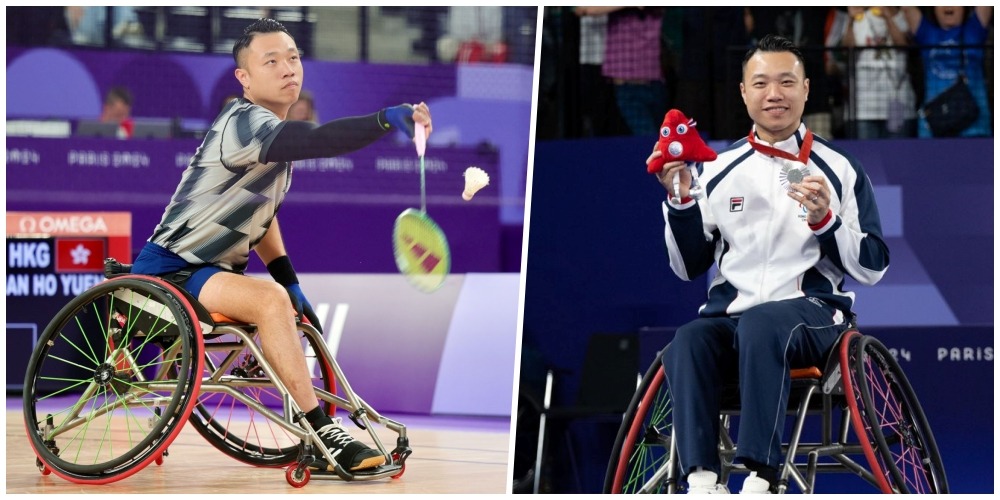Published : 2023-12-09
Scoliosis, a common physical ailment in teenagers, not only affects one's appearance, but can also cause damage of functions of heart and lung if the condition deteriorates.
Considering the mentality of teenagers, Joanne Yip (葉曉雯), Associate Dean and Professor at Hong Kong Polytechnic University (PolyU), and her team successfully employed Artificial Intelligence (AI) to create a series of tailor-made functional clothing for treating AIS (Adolescent Idiopathic Scoliosis).
Traditional treatments are not well-accepted by patients
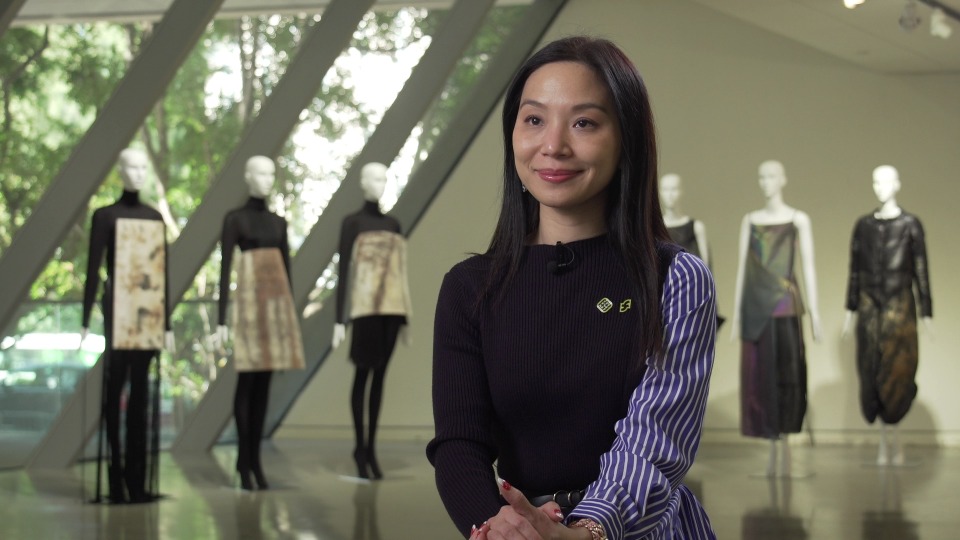
According to the introduction, AIS affects about 2-3% of teenagers in Hong Kong, and most of them don't have a clear cause. They usually appear around the age of 10 and may worsen due to growth.
Professor Yip said that traditionally, aside from a few very serious cases of scoliosis which require surgical correction, the most common treatment is to have the patient wear an orthopaedic brace.
But like most medical products, orthopaedic braces focus only on functionality and practicality. Once worn, they will definitely not look "stylish", and they are very bulky.
Dressed fabulously since childhood, Professor Yip always strives to be a "beautiful woman".
Professor Yip believes that in addition to the function, medical products should also make patients forget that they are sick, "make them feel beautiful and fashionable", so as not to resist treatment.
Professor Yip has been researching functional clothing for improving scoliosis since 2011.
At the beginning, her motivation was hearing from her colleagues that female patients resist using orthopaedic braces. Yip hoped to create a functional piece of clothing that would be aesthetically pleasing and comfortable, as well as breathable.
In addition, Professor Yip also found that in fact many patients who initially had only mild scoliosis often worsen to a curvature angle of more than 20 degrees, if not more than 25 degrees.
Eventually, they all need orthopaedic braces. Therefor, the earlier the treatment, the better.
AI functional clothing is lighter and more stylish
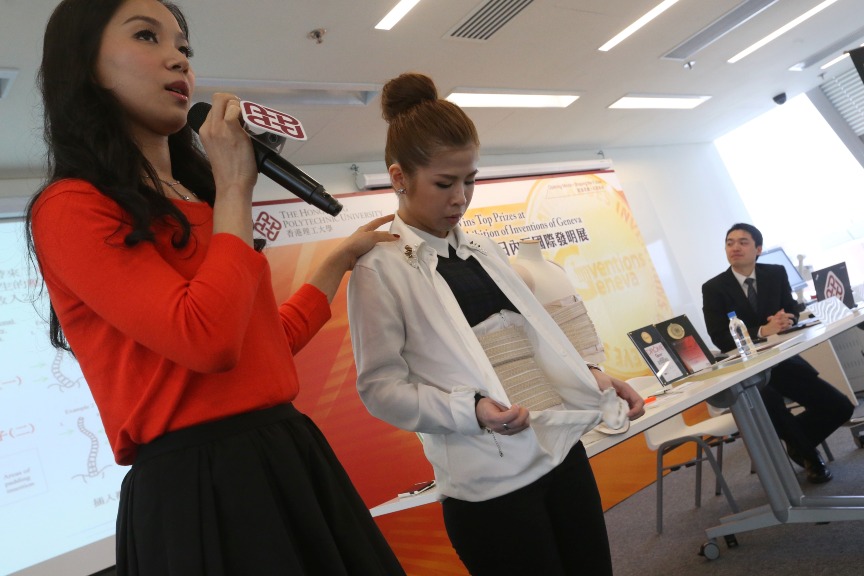
The functional clothing developed by Professor Yip and her team integrates innovative technology.
The clothing has built-in sensors which monitor the patient's posture in real-time on the one hand, and on the other hand it works with interactive game software to let patients happily improve their posture to score high points, thus entertainingly infusing the treatment for developing a correct sitting habit.
Artificial intelligence (AI) has also been introduced to the functional clothing by Professor Yip.
The AI model designed by Professor Yip's team will collect patient's body data for analysis, and then provide a correctional plan tailored to each individual's situation, such as where to apply corrective force and how much force to apply.
In comparison to traditional orthopaedic braces, this AI-functional clothing, which combines medicine and fashion, is lightweight, flexible, breathable, comfortable, and highly acceptable for the public in terms of design.
These AI functional garments are currently under clinical research and are expected to hit the market in 2 to 3 years.
Professor Yip improves life through innovative technology, and also enables the research within the academic "ivory tower" to "go out" and benefit society.
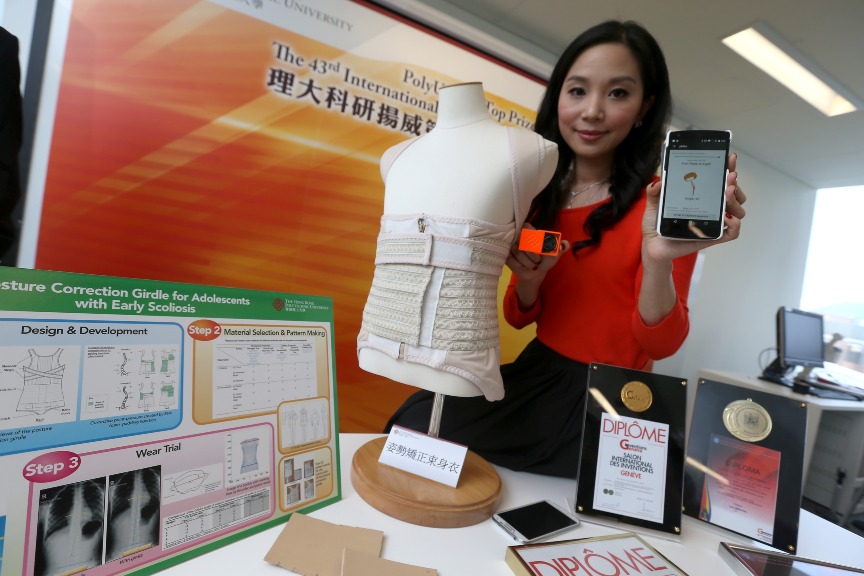
Read more: Waste utilisation can also protect the oceans?
Read more: The "hand of hope" for stroke patients
